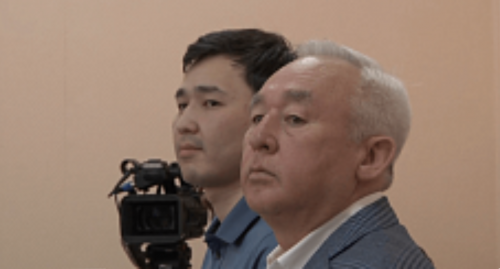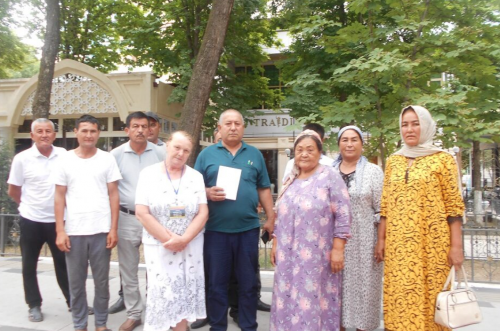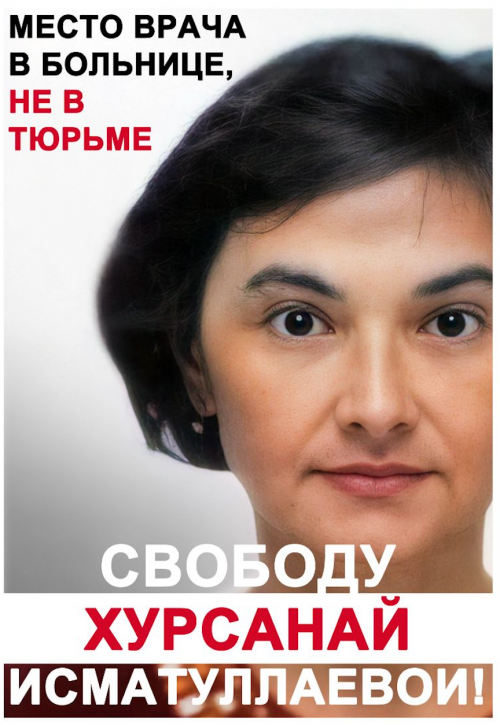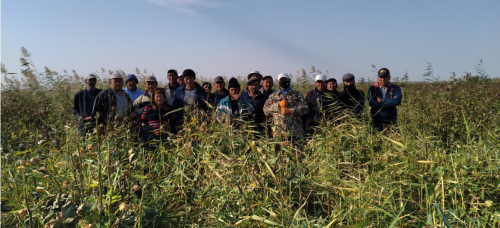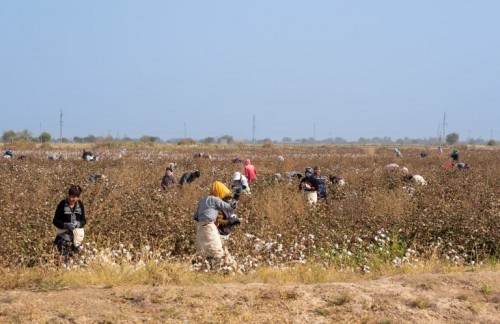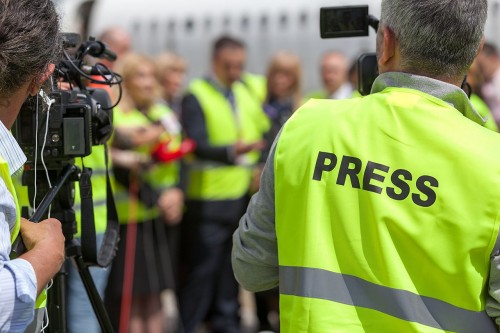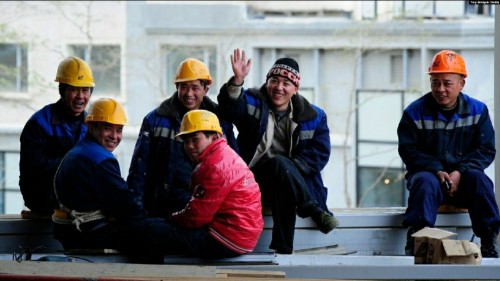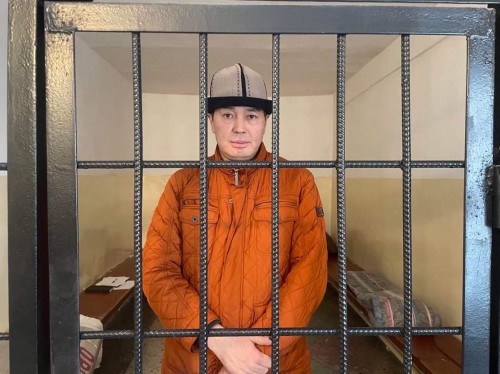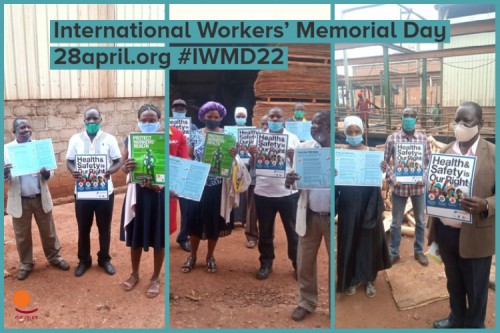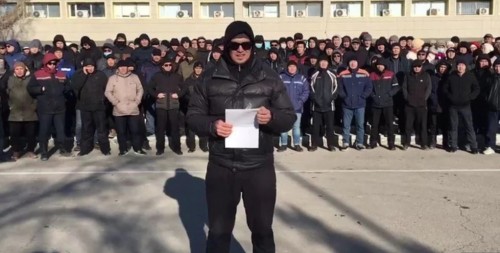Countries
Solidarity campaigns
13 August 2024
Georgia: Support striking workers at Evolution Gaming
5 June 2023
Georgia: Justice for Wolt couriers
10 May 2023
Belarus: Trade union activity is not extremism!
2 November 2019
Kazakhstan: Trade unionist Erlan Baltabay imprisoned - again!
19 November 2018
Kazakhstan: Stop repression and physical attacks on leaders of independent unions; hands off Larisa Kharkova, Erlan Baltabai and Dmitriy Senyavskiy
18 April 2018
MALOKHAT STILL NEEDS YOUR HELP
News
19 July, 2022 / kazakhstan
Government apologized to well-known journalists Seitkazy and Aset Matayev
Astana. July 19. KazTAG - The government has apologized to well-known Kazakhstani journalists Seitkazy and Aset Matayev, who had been illegally convicted.
18 July, 2022 / uzbekistan
ILLEGAL LAND CONFISCATIONS IN UZBEKISTAN: FARMERS IN NAMANGAN FIGHT FOR THEIR RIGHTS AND LIVELIHOODS
The modernization of agriculture in Uzbekistan, for which Uzbekistan has received millions of dollars in investment by multilateral development banks, including the European Bank for Reconstruction and Development and the World Bank, has been accompanied by massive confiscations of farmland across the country.
16 July, 2022 / turkmenistan
Statement by Members of The European Parliament, Human Rights Defenders and Independent Journalists
“July 16 marks the first anniversary of the arrest of Dr Hursanay Ismatullaeva from Turkmenistan. She is serving a nine-year prison term for criminal charges that were clearly in retaliation for her labour dispute becoming a topic for discussion at a European Parliament event.
06 July, 2022 / uzbekistan
INDORAMA AGRO PROJECT, UZBEKISTAN: UNMITIGATED HUMAN RIGHTS VIOLATIONS PERSIST
In 2020, Indorama Agro disclosed the project’s final Environmental and Social Impact Assessment, Environmental and Social Management Plan and Livelihood Restoration Plan. These documents are intended to provide an overall picture of risks to the Bank and potentially affected communities and to serve as the basis for mitigating these risks accordingly. Bankwatch made a quality analysis of this documentation. The findings confirmed the lack of integrated impact assessment and focused risk mitigation, a participative and sustainability-led approach, and accountability. The analysis also flags non-compliance with the EBRD performance standards on impact assessment, workers’ health, biodiversity impact, land acquisition, stakeholder engagement and labour rights. The project is exclusively assessed in compliance with Uzbek regulations rather than the best available international practices (i.e. those of the WHO and ILO) and performance standards, which contradicts the EBRD’s requirements. Finally, the project documentation does not contain a comprehensive human rights risk assessment, including the risks from land acquisition and public participation, or from publicly raising concerns in an authoritarian setting.
07 April, 2022 / uzbekistan
Significant risks” remain in Uzbek cotton sector
In this guest column written exclusively for Apparel Insider, Lynn Schweisfurth of the Uzbek Forum for Human Rights argues that while the end of systematic forced labour in the cotton fields of Uzbekistan is an important landmark, significant human rights risks remain.While the Uzbek Government celebrates the end of the boycott of Uzbek cotton following the eradication of systematic, state-imposed forced labour, farmers find themselves at the mercy of a system rigged against them.
01 April, 2022 / kyrgyzstan
Kyrgyzstan: Spate of Criminal Cases Against Journalists. Stop Harassing Independent Media
“The Kyrgyz authorities say they protect freedom of expression, yet try to silence critical voices and clamp down on independent media through criminal investigations and bogus charges,” said Syinat Sultanalieva, Central Asia researcher at Human Rights Watch. “The authorities should release Taalaibek Duishenbiev, and drop all unfounded charges against him and other media targets that violate the right to freedom of expression.”
29 March, 2022 / kyrgyzstan
Month under sanctions: How the lives of migrants from Kyrgyzstan changed
Despite the reduction in the number of jobs in Russia and depreciation of the ruble, the Cabinet of Ministers of Kyrgyzstan does not expect a mass return of compatriots. They believe that even if they do return, it will not be for long, as it was the case during the lockdown. The Minister of Economy Daniyar Amangeldiev is sure that Kyrgyz nationals, who were laid off, will find other jobs. If not, the Cabinet will try to redirect them to other countries, as there are few vacancies in Kyrgyzstan.
27 March, 2022 / kyrgyzstan
Kyrgyzstan: Release jailed lawyer, permit protests against Ukraine war
Toktakunov was involved in the defense of one of the human rights activists who demonstrated the war on Ukraine outside the Russian Embassy in Bishkek on 17 March 2022. During the protest itself, he was video recorded in conversation with police officers outside the Russian Embassy where he made negative remarks about the country’s judges in general. On this basis, judge Ubaibullo Satinkulov sentenced Toktakunov to 5 days jail.
16 February, 2022 / International
Make safe and healthy work a fundamental right this International Workers’ Memorial Day – 28 April #IWMD22
Workers’ unions are pressing their demand this International Workers’ Memorial Day #IWMD22 to finally make health and safety at work a fundamental principle and right.
08 February, 2022 / kazakhstan

